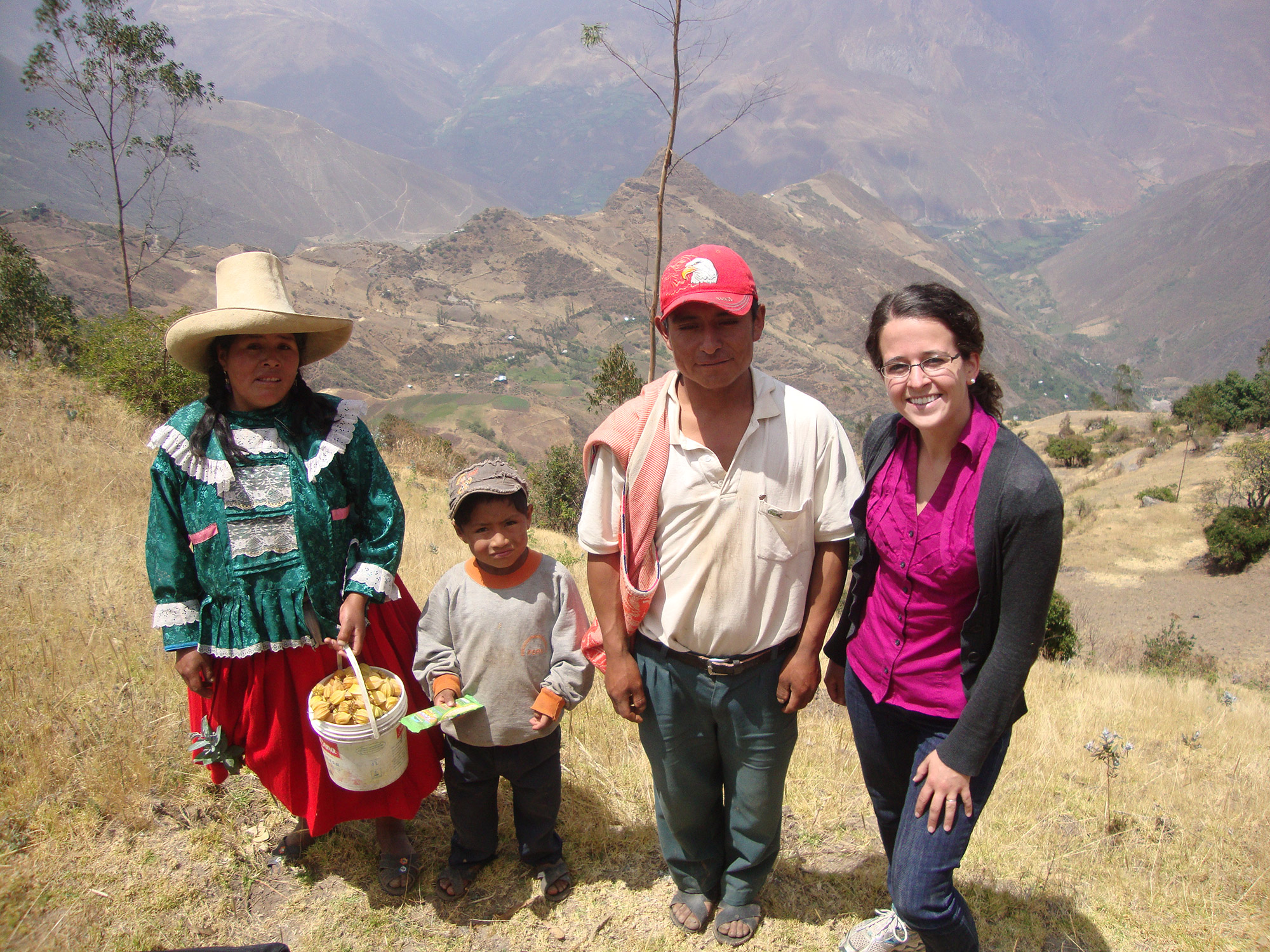WDI BoP Paper Honored At AOM Meeting
Friday, August 8, 2014
An academic article authored by Ted London, director of WDI’s BoP research initiative, Heather Esper, manager of WDI’s BoP impact assessment program, and Yaquta Kanchwala Fatehi, a BoP research associate, was named one of five finalists for “best paper” in the Social Issues in Management (SIM) division at the Academy of Management (AOM) meeting.

The article, “Exploring the Links Between Business Strategy and Social Impact: Comparing Poverty Impact Profiles,” was developed from the summary article for the Bernard Van Leer Foundation project that assessed impacts on children across six ventures.
The Academy of Management (AOM) meeting was held in early August in Philadelphia. It is the premier conference in the scholarly management and organization space, and attracts more than 10,000 students, academics, scholars, and professionals.
The paper assessed and compared the poverty impacts of three different business strategies for serving the base of the pyramid (BoP). The authors evaluated two enterprises within each strategy using a framework that examines multiple dimensions of poverty across key BoP stakeholders. This allowed them to develop poverty impact profiles for each business strategy.
These profiles provided a standardized comparison of poverty-alleviation outcomes across different strategies. The findings demonstrated that comparing impacts is possible, and that doing so provides important insights into the relationship between business strategy and social impact. This type of information enables enterprise leaders and investors to better optimize their efforts to achieve specific social goals.
The summary article is from WDI’s “Focusing on the Next Generation: Child Impact Series.” In addition to the article, the series includes six research case studies and a teaching case that assess the role BoP ventures can play in alleviating poverty on children age eight years and younger. Read more about the cases here. And read a blog post on WDI’s NextBillion website by Esper that chronicles how the series was put together.
The BoP ventures examined by WDI for the case studies were geographically diverse and include the housing, renewable energy, sanitation, and health care sectors – as well as export-based and locally-based agribusinesses.
They were: Honey Care Africa, a Kenyan venture that produces and sells honey; Sanergy, a Kenyan venture that features low-cost sanitation franchises that turn waste into electricity and fertilizer; SunnyMoney, a Tanzania firm that sells solar lamps; Patrimonio Hoy, a Mexican initiative that provides low-income families living in urban and semi-urban areas with a 70-week saving program to build a home room-by-room; Villa Andina, a Peruvian company that buys organic aguaymanto and mango from small-scale farmers and then sells the dried fruit in export markets; and Penda Health, an organization in Kenya that provides affordable, accessible health services for women and children.
The business models of the ventures that were analyzed included two businesses that sell a product to the BoP (Patrimonio Hoy and SunnyMoney), two businesses that sell a service to the BoP (Sanergy and Penda Health), and two businesses that source from the BoP (Villa Andina and Honey Care Africa).
